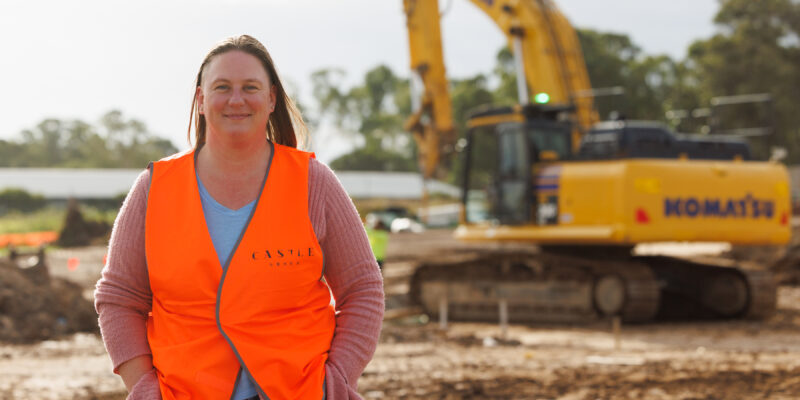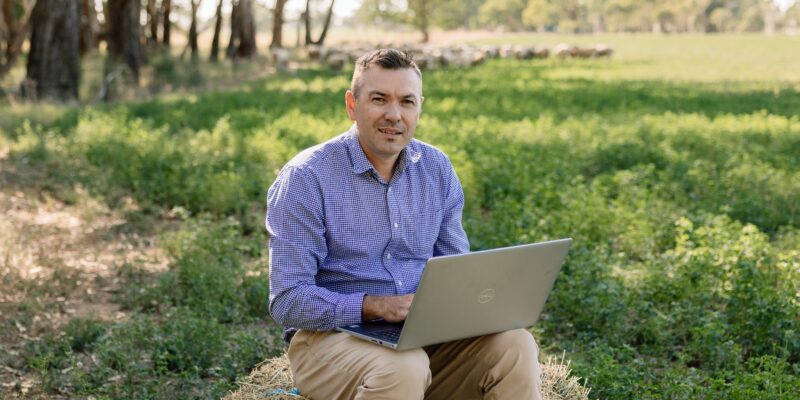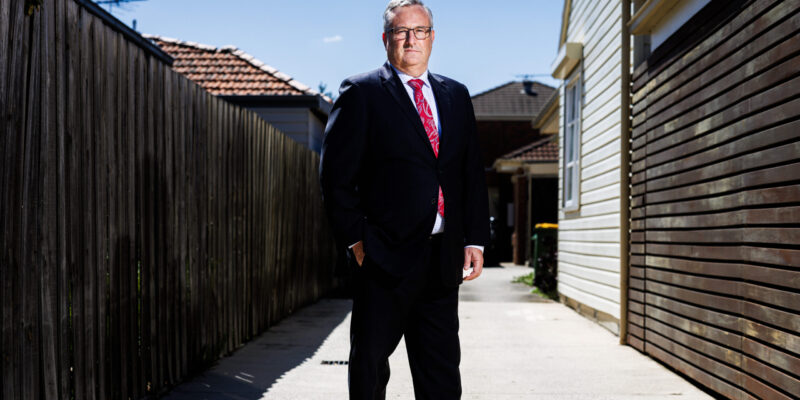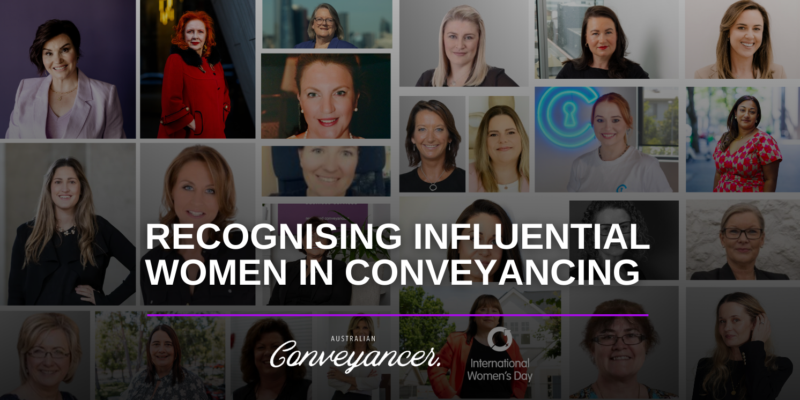Role model Angie is showing the way forward for conveyancers
From getting to grips with property law in an accountancy firm to working as an e-Conveyancing Specialist in the Office of the Registrar-General and as Practitioner Services Manager at Sympli, Angie Nguyen has seen it all.
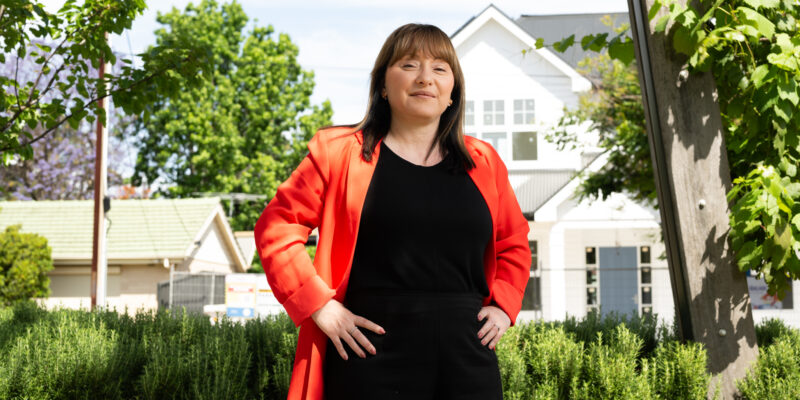
ANGIE NGUYEN Q&A
Having launched Convey Property Settlements – her second conveyancing business – just over a year ago and recently being elected to the board of AICSA, Angie has an unrivaled perspective of the conveyancing landscape and how the future is shaping up for the sector which she is sharing with Australian Conveyancer.
AC: Why did you decide to become a conveyancer?
AN: When I left school, I worked for an accountancy firm helping with property management. Then, at 21, I was working as a property manager for Ray White, where I was exposed to conveyancing, collating the contracts and sending them over to the conveyancers. At that time the agents weren’t really inspiring me to sell So instead of going down the sales path, I went down the conveyancing path. I ended up working as an operations manager at Espreon Property Services before I set up my own conveyancing business, Angie Boscolo Conveyancing, in 2008.
AC: You were approached in 2015 to be the State Operations Manager in South Australia for GlobalX Information? What did you learn from that experience?
AN: Essentially I learnt how to build and manage a business from the ground up, which required a very different skill set to being a conveyancer settling properties. Bruce Walker was a great manager, he was there when I needed to bounce ideas off. It was at this time electronic conveyancing was coming to the forefront and I was able to participate on behalf of GlobalX in early working groups, and to sign up some of the first practitioners to PEXA, the days before PEXA direct specialists.
AC: What was it like working at the Registrar-General of South Australia as an electronic conveyancing e-specialist?
AN: It was an opportunity to represent conveyancers to give them a voice in the office of the Registrar-General in government. Whilst South Australian Conveyancers were fortunate to have had a great working relationship with the Land Titles Office (LTO), it was evident there was a knowledge gap between what happened in the settlement room, and when dealings were lodged for registration. It was an opportunity to work on committees such as the Australian Registrars Working Group which supported ARNECC and be involved as a state representative providing me with a broad view of the industry nationally and electronic conveyancing.
AC: What kind of insights did you have working for the Registrar-General?
AN: The South Australian Registrar-General Office was a great team, some of the best I’ve worked with. As I mentioned I have always had a love for the law of property and the Torrens System. People such as Ian Gant and Jenny Cottnam were walking encyclopedias for all things land titling. What was really clear to me was the importance of government and industry collaboration, and the need for greater understanding of how legislative requirements particularly in electronic conveyancing translated to practitioners practically. It was a great experience, having had the opportunity to work with Jenny Cottnam, who up until recently was the Registrar-General in South Australia. I think it worked really well because Jenny was interested in how conveyancing operated beyond the LTO, we shared industry insights and practical knowledge, always with the view of supporting the industry and end consumer and the protection of the register. I learnt quite a lot from her from a regulatory perspective, and the machinery of government and how it operates. It’s easy for us practitioners to sit here and say a piece of legislation needs to be changed but actually doing something like that is an 18-month to two-year project. So it was great to have that kind of balance.
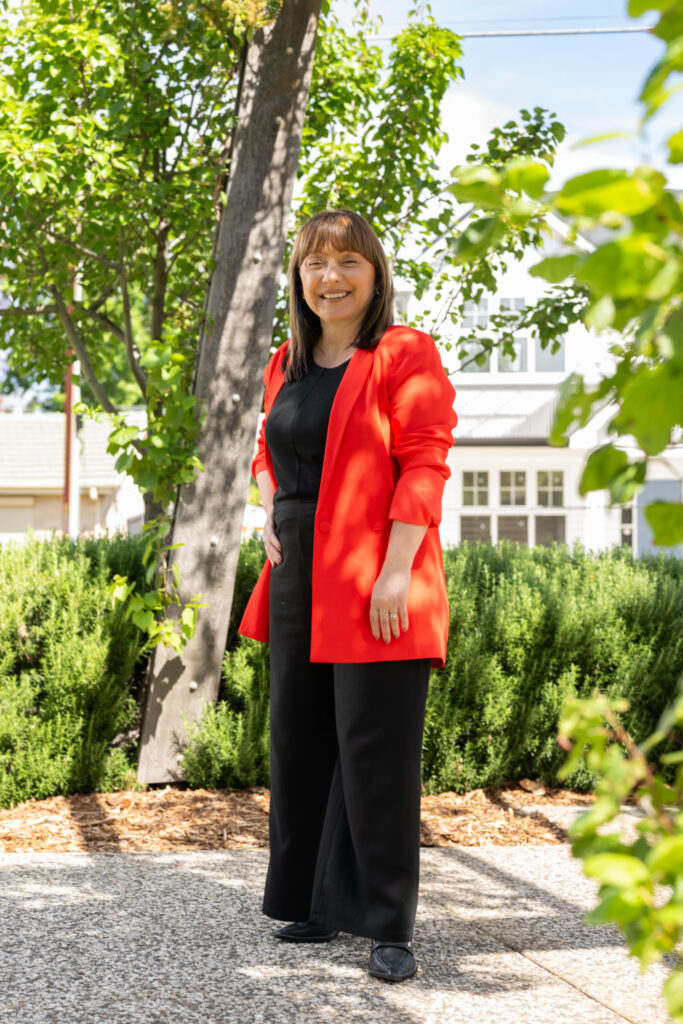
AC: Your career took another turn when you joined the Sympli start-up in 2019 as a Manager in Practitioner Services. What did you take away from that experience?
AN: As a firm believer in competition and the need for a second ELNO, joining Sympli gave me the opportunity to work across many areas of the business, from product workflow design, stakeholder engagement and advocating with government regulators to enable the offering to come to market. Conveyancers are my people, a highlight of the role was being able to bring the voice of the conveyancer to Sympli and engage with AIC’s at a state and national level. We need competition in eConveyancing. There are too many roadblocks that remain.
AC: You relaunched as a sole trader a year ago with Convey Property Settlements. Do you feel good being back on the tools?
AN: Yes, I do. In some respects I was a bit apprehensive. I wondered if I still had the ability because a lot had changed. Luckily, I had never closed my conveyancing business. I kept my credentials and license running, and my trust account open, and so, fundamentally, it was all just sitting there humming along waiting for that right time to focus on me and my clients, in the end it was an easy decision, I was also grateful for the encouragement and support from my conveyancing colleagues to jump back in.
AC: How different is the conveyancing world now in comparison to when you were first in the game?
AN: Very different. Obviously e-commerce, e-settlements, have shaken all that up for us. I think it is harder now because I feel we have lost that common community. I spent 25 years in the settlement room, five days a week, settling properties in person. The hard part now is we don’t get to interact with our fellow conveyancers in the way we once did, and it can be a very solo, lonely game, particularly for sole practitioners like myself. And, I’ve got to say, I think we are all getting a bit chubbier, sitting in our offices, not going anywhere!
AC: So how do you counteract the loneliness/disconnected factor?
AN: It’s really important to get out from behind the desk and continue to connect with other conveyancers, and industry partners, or just networking and meeting new people. I have made a conscious effort to stay connected and have drunk a lot of coffee in the last 12 months. So it’s about keeping in touch, attending best practice groups, getting out and walking my dog every morning is really important to clear my mind.
AC: What tactics are you using to build your new business?
AN: I think a lot of other practitioners really stick to traditional referral partners as their main source of leads. And I think that’s a bit of a saturated market. I’m looking at areas that are not as common. For me it’s also about having diversity in the matters I work on and the partnerships with professionals who have the same approach to supporting the “whole”client.

AC: How important is social media for conveyancers nowadays?
AN: I think it is very important. Print media is obsolete and people are looking for their information and making connections in a different way and that’s digitally and through social media. I have made lots of connections through LinkedIn when people have reached out to me, saying they like my presence and the educational content that I’m putting out.
AC: What is it about conveyancing that keeps you interested in the work?
AN: Ultimately, it’s my clients. It’s the people at the end of the transaction. I just settled one this afternoon and my clients are very excited because they are going to build a house, and I still really get a kick out of it. I love being a small part of their journey. It’s as exciting for them as it is for me!
AC: What is the biggest challenge conveyancing professionals face in 2024 and beyond?
AN: There are a few, I think the big one is cybersecurity which is paramount. I say to my clients that I am cautiously paranoid and with all due respect. We have to be really conscious and the scammers are getting better every day. Being a professional services business, undervaluing ourselves continues to be a challenge. The lack of recognition for the knowledge and expertise we bring to our clients and partners, as well as the risk we take on is an industry and nationwide concern, sadly it’s not a new story but one that we need to work together to change.
AC: You’ve had a lot of support from the conveyancing community over the years?
AN: I get quite emotional about it but I walked into the settlement room when I was a 21-year-old kid and I’m about to turn 50. A lot of the people have seen me start as a youngster with short, black spiky hair, who didn’t really know what she was doing; to my registration as a conveyancer; to becoming the operational state lead of Espreon and GlobalX. They have watched me get married, have children, take my children to settlements. In fact, I almost went into labour in the settlement room. So it has been a long journey and I see the industry and many people within it as my family.
AC: So you are all about giving back to your community now?
AN: I want to support the industry and give back to the people who have shaped me throughout my career as a conveyancer and as a person. And that’s why I like to pay back now where I can. We need to help new entrants into the profession, whether it’s through the AICSA Conveyancing Ready Programme to give them that practical knowledge, or for them to complete internships as we once did chasing the title or spending hours in the settlement room. We need to find new ways to help new conveyancers if we, as an industry, want to thrive.
AC: You’re a new board member with the AICSA. How do you intend to use this position to benefit members?
AN: The timing is right for me to move into a position where my experience and knowledge from previous roles can be used to support my fellow conveyancers. I have always identified strongly with the conveyancing community, and I think we need to continue to advocate. So it’s primarily the reason I wanted to be on the AICSA board, to continue to advocate for the profession, to make sure we remain valued and supported. And that we are heard by the government at a state and federal level. Conveyancers ultimately look after the consumer, we are the gatekeepers for the data that comes into the various land title offices around the country, we have to keep pushing for industry improvements.
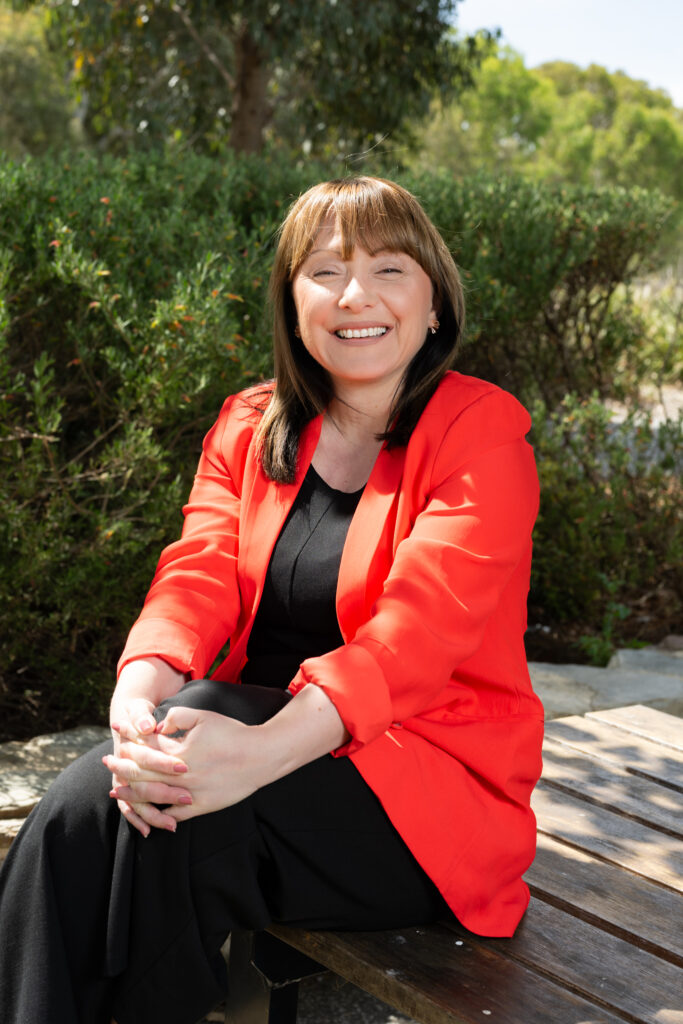
AC: What do you think you’ll bring to the AICSA?
AN: I bring diversity in my experience from working in both the private sector and government, as well as residential conveyancing through to representing financial institutions, and more recently representing an ELNO. I have had many different roles throughout my near 30-year career, and each of these roles has given me a different perspective of how the industry operates.
AC: How do you think the different rules – from state to state – can be harmonised for more efficiency? If they can?
AN: We have definitely tried to work across states and that was where we were heading when COAG started the ball rolling on electronic conveyancing. But, the problem is, we have a Federated structure and until we have one national Real Property Act, you just can’t do it. You ask any ELNO trying to build a platform to accommodate every jurisdictional nuance, they will tell you it’s no small challenge. What I do think would be great is one national discharge authority, we live in hope.
